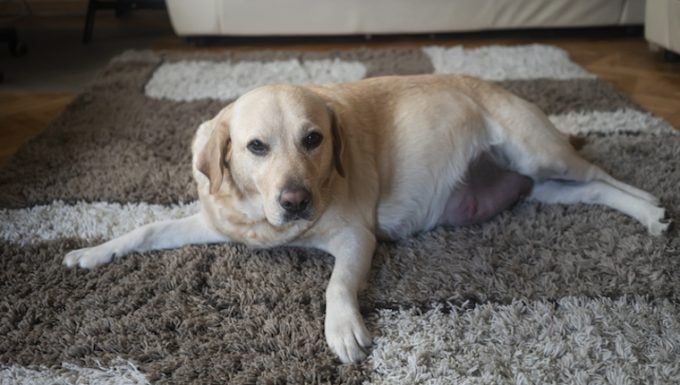- November 26, 2022
- No Comment
- 3 minutes read
Infertility in Female Dogs: Symptoms, Causes, & Treatments – DogTime

(Learn more about infertility in female dogs. Picture credit: Vesnaandjic / Getty Images)
Infertility in female dogs is a condition that means a female dog cannot have puppies. The condition can be caused by a range of factors.
For instance, male infertility and hormonal issues can both cause the condition.
Advertisement
Additionally, certain breeds suffer from the condition more than others. For example, those breeds include Doberman Pinschers, Great Danes, and Poodles.
If you see the signs of infertility in your female dog, then get to a veterinarian for a proper diagnosis and treatment.
Here’s what you should know about the symptoms, causes, and treatments for the condition.
The condition produces a range of symptoms. For instance, some of the most common symptoms include:
(Picture credit: elenaleonova / Getty Images)
The cause of the condition can be a wide range of things. For example, some of the common causes include:
Additionally, the following dog breeds are most at risk of developing the condition:
Firstly, your vet will ask about your dog’s symptoms. Secondly, your vet will ask about your dog’s full medical history. This will include any breed-specific issues.
Thirdly, a full physical examination will be carried out. Blood and urine tests will also be taken. Additionally, your dog’s hormones will be monitored.
Finally, imaging procedures can examine your dog’s uterus closely.
Generally, treatment targets the underlying cause of the condition. Sometimes, this can involve a surgery to correct any reproductive organs that are not working normally.
Additionally, in some cases the hormone gonadotropin can be tried. This can help induce ovulation. As always, if your vet prescribes your dog any medicine, make sure to stick to the correct dose and frequency instructions. Also, complete the full course of medicine.
Finally, you can read more about dogs and pregnancy in general here.
Have you ever cared for a dog who suffered from this condition? How did your vet help your dog recover? Let us know in the comments section below.

